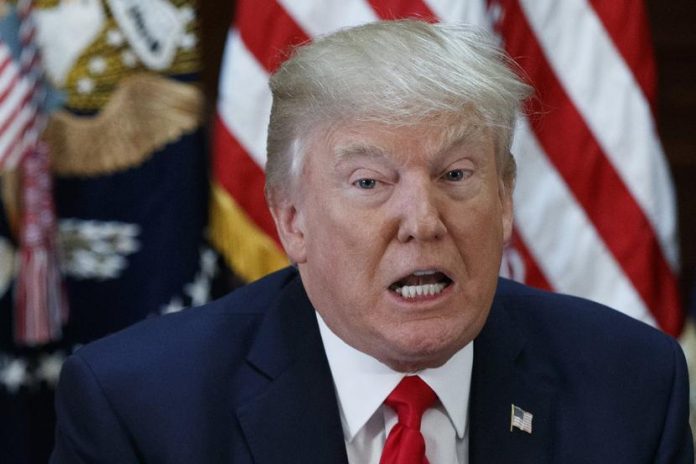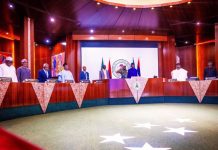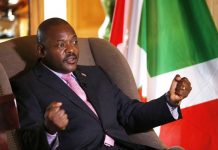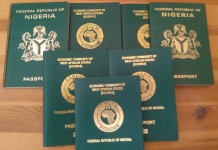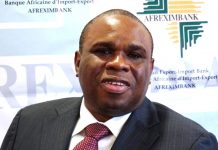Blacks around the world, especially Africans at home and abroad have been reacting angrily to the remarks made by President Donald Trump of the US. Mr. Trump was quoted as having referred to African countries and Haiti which voted overwhelmingly against his policy on Jerusalem as ‘shit-hole countries”. Many of them openly called Mr. Trump a racist.
The African Group of United Nations ambassadors unanimously dismissed the comments as “outrageous, racist and xenophobic”. They demanded that Trump should retract the statement and apologise. Nigeria and Ghana led the vanguard of protesters. Later, Botswana, Senegal and South Africa summoned US local representatives to be served with a demarche. In normal diplomatic practice this is a stern request for an explanation and is tantamount to a formal protest.
But informed analysts are not surprised. More than a year after he took office, Trump is yet to announce an Africa policy, or even fill important diplomatic positions. He has yet to nominate an Assistant Secretary of State for Africa or an ambassador to South Africa. This means that African leaders lack any policy context in which to frame and guide traditional diplomatic reactions.
The Trump administration’s incompetence makes it difficult for African countries to engage Washington in seeking meaningful explanations, much less substantive negotiations. Even at lower working levels sustaining routine relations are complicated by a lack of policy guidance, budgetary uncertainty, and inter-agency management. This affects complex development, environmental, trade or security issues.
Africa’s limited resources, institutional capacities and vulnerabilities add to the risks associated with the current state of affairs between the continent and the US.
The Chief spokesperson for the African Union, Ebba Kalondo, said Trump’s comment “flies in the face of accepted behaviour and practice”. But she then sounded a possibly hopeful note. She added that the US remains a global example of how migration gave birth to a nation built on strong values of diversity and opportunity. We believe that a statement like this hurts our shared global values on diversity, human rights and reciprocal understanding.
Kalondo wondered why Trump is still rooted in the stone-age when African leaders accepted all types of insult on the altar of economic aid. He recalled how Trump’s predecessor, Barack Obama, sought to transform troubling moments into what he suggested could be “teachable moments”.
Meanwhile, the African Union Representational Mission to the US has also condemned Trump’s comments, regretting that the US leader did not respect the celebrated American “creed and the respect for diversity and human dignity”. In a statement, the African Union mission also demanded retraction of the comments, as well as an apology “not only to Africans, but to all people of African descent around the globe”.
“There is a serious need for dialogue between the US administration and the African countries,” the statement reads. The handlers of President Trump who were initially perplexed at the comments have now denied that Mr. Trump is a racist.






